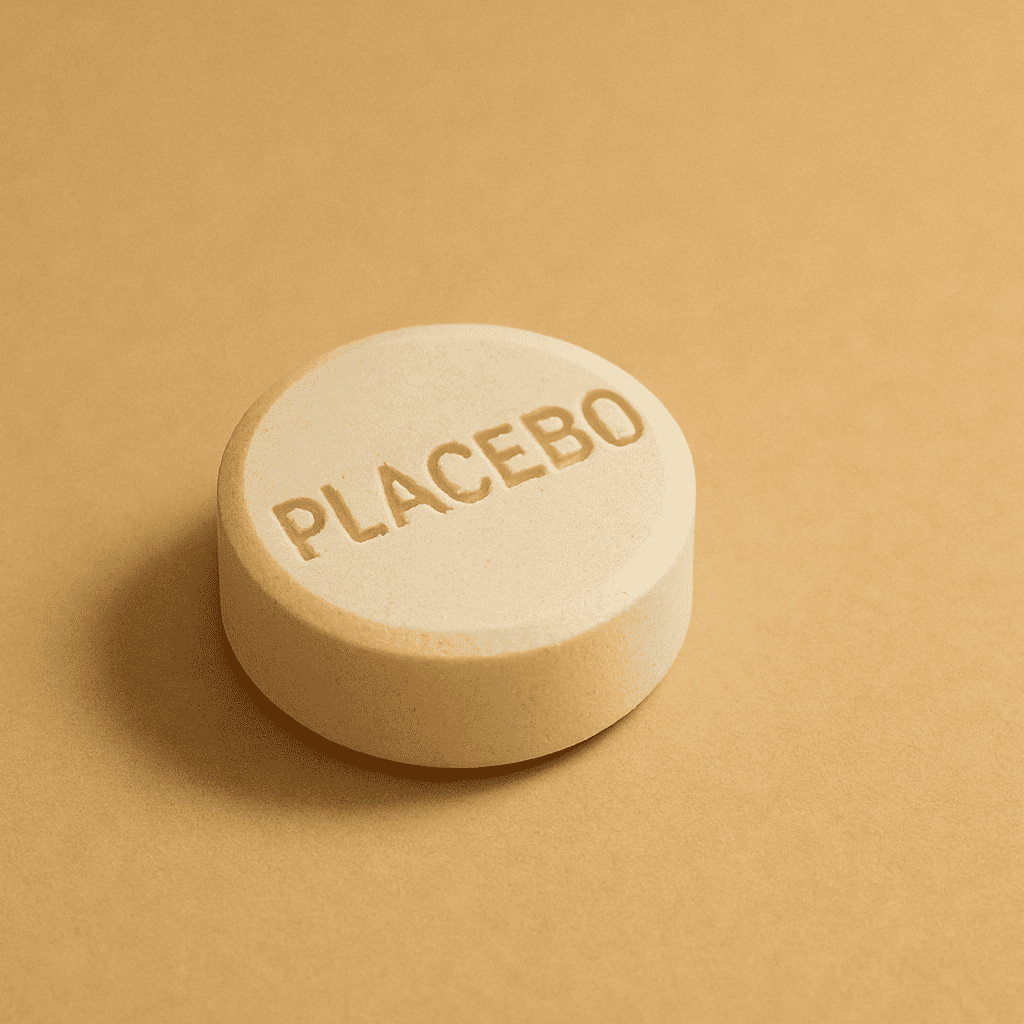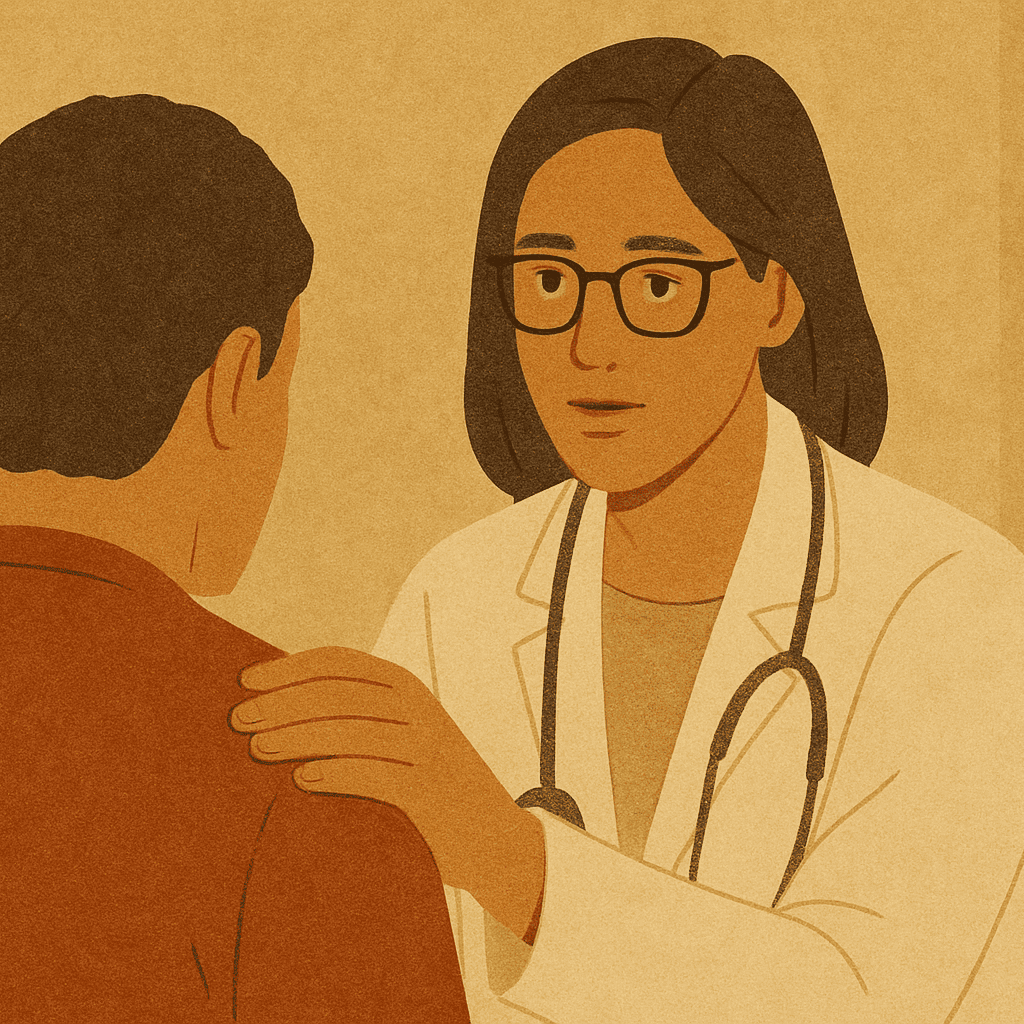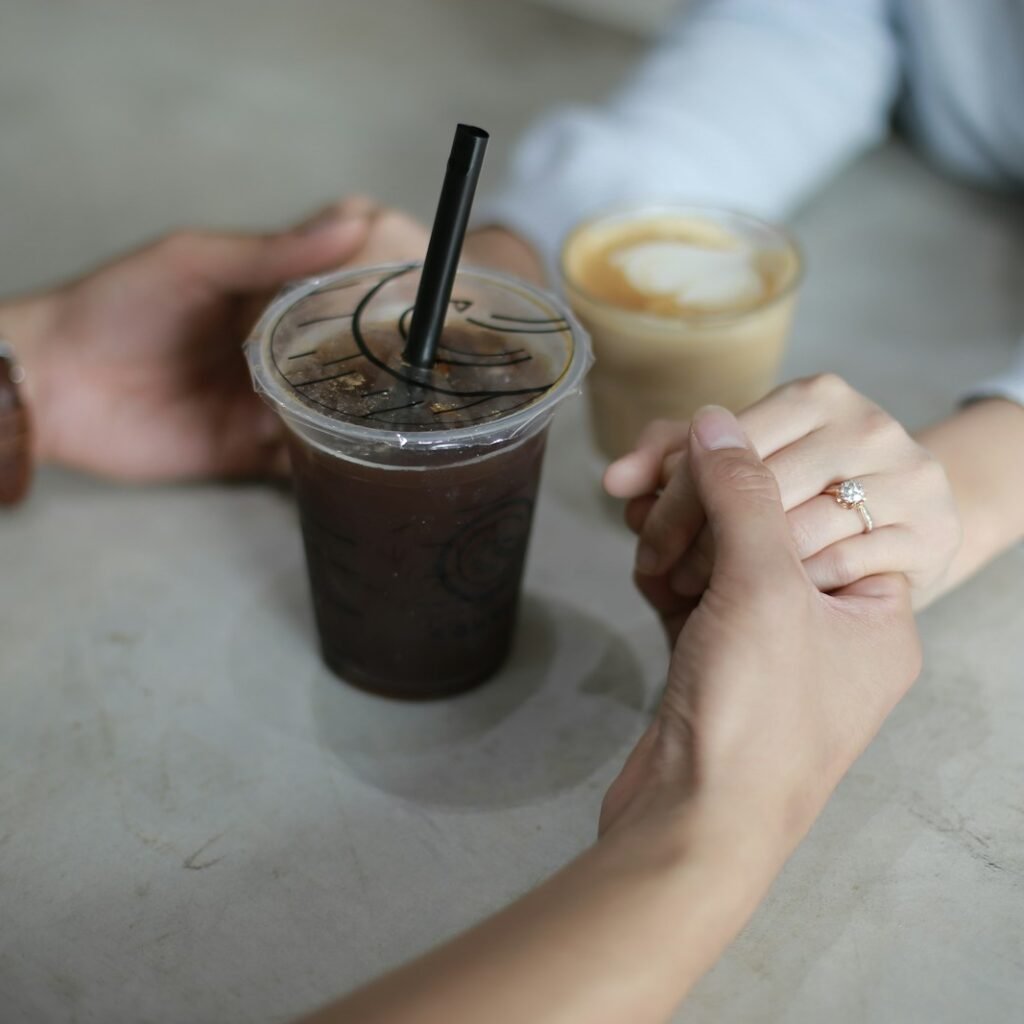Among all the things you have heard about the mind, two sentences often seem to pull in opposite directions:
“You are not your thoughts.” and “You become what you think about most.”
But which of these do you feel in yourself? Because even if you are not your thoughts, do you not see yourself so clearly in them?
You think, “I cannot do this,” and more often than not, you can’t. You tell yourself, “I will never get better,” and your recovery feels like a lie.
These thoughts sound like you because they are what you have programmed your mind to reflect what you are. They tell the body how to feel, how to behave and sometimes, how to break down.
So, when your thoughts speak. The body obeys. And science has seen it too. Doctors have studied it.
Let us explore this mysterious but scientifically supported phenomenon and why it matters more than ever in how we care for ourselves and others.
What Is the Placebo Effect?
It is a psychological and physiological phenomenon where a person experiences relief and improvement from their symptoms after they have been treated with something that has no active ingredient just because they think that it will work.
In quiet hospital rooms and busy clinics, this mysterious phenomenon quietly happens. A sugar pill takes away pain. An injection of saltwater calms anxiety. And a simple sentence of “This will help you” brings about real changes in the brain. It may seem like magic, but it is not. This is the placebo effect. And it shows us something powerful, “when the mind believes in healing, the body often follows”.
Research led by Scherrer and the team from the University of North Carolina School of Medicine shows that specific brain circuits involving the prefrontal cortex and brainstem are activated when we expect relief even if we are given nothing more than a harmless pill or procedure.
Placebos work not because of the treatment itself but because of the belief that healing is possible.
The Science Behind It: Why Expectation Heal
The brain does not always know the difference between what is real and what is imagined (fantasy). When you think a thought with strong emotion, your body listens and reacts to it. It then releases chemicals that match that emotional state.
When you are under regular fear or stress, your body becomes filled with cortisol (a stress hormone) that compromises your immune system and slows healing.
But when you practice gratitude, picture good things happening and truly believe that you can heal, your brain sends a different message. It tells your body to heal, grow and to restore balance.
Placebos alter brain chemistry in areas related to:
- Pain perception
- Mood regulation
- Immune responses
- Motor control
A recent PubMed study by Chen et al., (2024), discovered that placebo pain relief is linked to a neural circuit between the rostral anterior cingulate cortex and the pontine nuclei, indicating a biological mechanism rooted in opioid receptor pathways.
In the management of depression, another review published confirms the “neuroplasticity placebo theory” whereby belief and expectation literally reshape emotional networks in the brain (Seymour & Mathers, 2024).
In other words, your thoughts do not stay in your head, hope opens the door and they (your thoughts) move through your whole system.
Placebos Can Work, Even When You Know

One of the most surprising discoveries in recent years is that placebos can still work even when people know they are not real medicine.
A systematic review of several studies revealed that people with chronic pain, fatigue or stomach problems got better after they received pills that were clearly labelled placebos, with no deception and no lying (Laursen, et al., 2023).
How is then is this possible?
It turns out that the act of care itself in the form of being seen, being offered help or given something and believing something good might happen can start real healing.
Another piece by Cimons (2025) from the Washington Post explained that these “open label” placebos work because of the power of hope, trust and ritual. A patient hears, “This may help you feel better,” and the mind responds despite the body knowing that it is not traditional medicine.
What this tells us is simple and powerful: healing does not always need chemicals, it mostly begins with care, faith and the body’s own capacity to react to kindness.
The Ethical Edge: Harnessing Placebo Without Harm

This has shifted ethical concerns about the use of placebos. For many years, using placebos in treatment has raised a big concern, “Is it unethical to give someone something that is not an actual medicine?
Doctors were worried that using a placebo meant tricking the patient, and that felt dishonest.
And now with recent research has shown that placebos can still work even when patients know they are not taking active drugs. This means that doctors no longer have to hide the truth or deceive patients. They can honestly and ethically prescribe an open-label placebo and still make people feel better.
But what is it that allows it to be ethical and used effectively? It is not the pill alone or it is everything around it.
- Provide genuine care and empathy along with the treatment: Care in the doctor’s voice, the trust in the relationship can make the patience feel seen and heard.
- Be truthful and transparent: Let the patient know it is a placebo.
- Develop a ritual: Maintain consistency and symbolic value (e.g., same bottle, same dose). The simple ritual of taking something makes the patient to feel better
- Emphasise the role of belief and mind–body connection.
These things send a message to the brain: you are safe and healing is possible. That message alone can start real physical changes in the body.
So now, many experts agree that the healing power of placebos is not an issue of make-believe, it is an issue of the body’s deep response to care, trust and hope.
Conditions That Respond Well to the Placebo Effect
Placebos do not work the same for every illness. But they work really well for health problems that are closely related to the mind and emotions. Here are a few examples:
- Fatigue
- Chronic pain (e.g., back pain, migraines)
- Anxiety and depression
- Sleeping problems
- Stomach issues
Why?
Because these conditions tend to change based on the way you feel, think and where you focus your attention.
If you expect to feel better, your brain can help calm pain, lift your mood or relax your body.
According to an overview by Munnangi et al., (2018), the placebo effect is especially strong in conditions that involve pain perception, emotional regulation and brain–body signaling.
So simply, when your thoughts and emotions are involved, your brain has more power to help your body feel better. That is why the placebo effect can be stronger for these kinds of health issues.
The Role of Connection in Placebo Healing

Healing is not only about medication or therapy. It is also about being seen, heard, loved and cared for.
In The Healing Power of Listening Without Judgement, PsycheShare explains how compassionate presence can create psychological safety that leads to healing. The placebo effect draws from this same well, that the moment a clinician truly connects with a patient and offers reassurance, confidence or empathy, a doorway to healing opens, even before any drug is administered.
As one visitor writes in A Journey Through Shadows of Depression, healing sometimes begins not with medication, but with the belief that someone cares enough to stay through the storm.
What This Means for You
Whether you are navigating chronic illness, emotional pain or everyday stress, understanding the placebo effect offers an invitation:
- Believe in your capacity to heal.
- Surround yourself with people who reflect that belief back to you.
- Choose rituals, routines, and relationships that are comforting and enriching.
- Seek professional support that values your experience and dignity.
You do not need magic to begin healing. Sometimes, belief in possibility is enough to shift the story your body tells itself at times.
When the Mind Becomes Medicine
Think of the mind as a garden. When we plant a seed (an intervention), its growth depends not just on the soil (biology) but also on sunlight and rain (the emotional environment). The placebo effect is that climate. It is what tells the seed, “You are safe to grow here.”
The placebo effect is less about “fooling the brain” and more about teaching it that healing is possible. Because, if your minds job is to make your thoughts real, then your job is to think better thoughts all the time.
The placebo effect reminds us of an ancient truth backed by modern science, “healing is not passive, it begins in the relationship between belief, body and care”.
So the next time you have a health challenges, remember the placebo effect
It is a reminder that sometimes just believing in the possibility of getting better can kickstart the healing process.
And do not forget when the mind harbors fear, the body listens. The same way positive thoughts manifest in our bodies so do negative thoughts also. This is called the Nocebo Effect. Read more about this on this on The Nocebo Effect: Negative Expectations and its Effect on your health.
REFERENCES
Bedjabeng, C. A. (2025, July 21). The healing power of listening without judgement. PsycheShare. https://psycheshare.com/the-healing-power-of-listening-without-judgement/
Bedjabeng, C. A. (2025, August 13). The nocebo effect: Negative expectations and its effect on your health. PsycheShare. https://psycheshare.com/the-nocebo-effect-negative-expectations-and-its-effect-on-your-health/
Chen, C., Niehaus, J. K., Dinc, F., Huang, K. L., Barnette, A. L., Tassou, A., Shuster, A., Wang, L., Lemire, A., Menon, V., Ritola, K., Hantman, A.W., Zeng, H., Schnitzer, M.J., & Scherrer, G. (2024). Neural circuit basis of placebo pain relief. Nature, 632(8027), 1092-1100.
Cimons, M. (2025, March 8). The placebo effect can be good medicine, for pain and other problems. The Washington Post. https://www.washingtonpost.com/wellness/2025/03/08/placebo-effect-pain-clinical-trial/
Gabby. (2025, April 28). A journey through shadows of depression. PsycheShare. https://psycheshare.com/a-journey-through-shadows-of-depression/
Laursen, D. R., Nejstgaard, C. H., Bjørkedal, E., Frost, A. D., Hansen, M. R., Paludan-Müller, A. S., Prosenz, J., Wener, C.P., & Hróbjartsson, A. (2023). Impact of active placebo controls on estimated drug effects in randomised trials: a systematic review of trials with both active placebo and standard placebo. The Cochrane Database of Systematic Reviews, 2023(3), MR000055.
Munnangi, S., Sundjaja, J. H., Singh, K., Dua, A., & Angus, L. D. (2018). Placebo effect.
Scherrer, G. (2024, July 24). Scientists discover brain circuits for placebo effect pain relief. University of North Carolina School of Medicine. https://www.med.unc.edu/cellbiophysio/scientists-discover-brain-circuits-for-placebo-effect-pain-relief/
Seymour, J., & Mathers, N. (2024). Placebo stimulates neuroplasticity in depression: implications for clinical practice and research. Frontiers in Psychiatry, 14, 1301143.



[…] have probably already of the placebo effect, that the idea that believing you are getting a […]